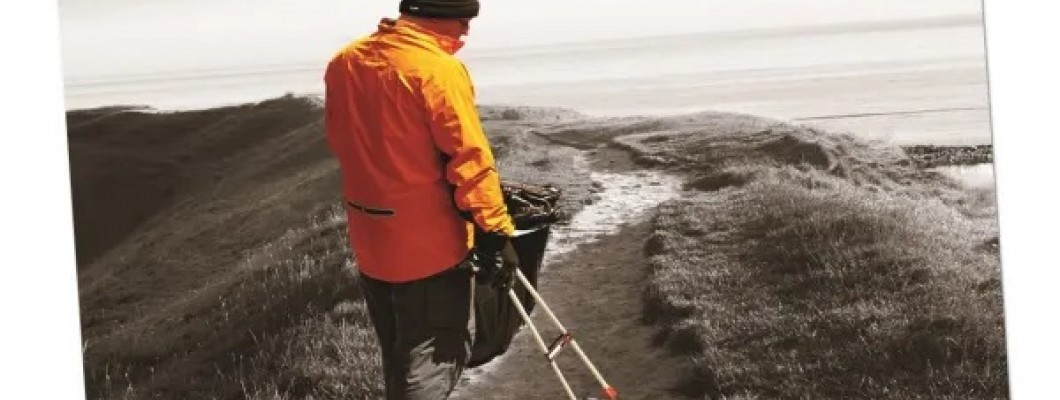
Are you thinking about starting a litter picking group but not sure what the first steps are? This post is for you! We've broken the process down into simple steps and you'll be ready to go in no time. Here's our guide to setting up a litter picking group.
First Steps to Organise a Litter Pick
Pick Area
Identify a suitable place, chances are you know of a heavily
littered place near to your home or work.
Don’t pick litter next to a fast road, if the speed limit is over 40MPH
it isn’t safe to pick litter. Let you council know and they should undertake
this work. Similarly any difficult
terrain isn’t recommended such as steep slopes, building sites or
riverbanks.
Choose an accessible location – not everyone has a car. To keep volunteers coming back make sure that
you choose someone that is easily reached.
Check who owns the land. If it is privately owned you will need the landowners permission to litter pick there. If it is public land you are able to pick there, although it’s a good idea to check in with the council, they can advise you of any other work being done in the area or any potential risks.
Inform the Local Council
Talk to the waste department within your local council.
They’ll be happy to hear from you and may be able to assist you by providing
litter pickers, rubbish hoops and high vis jackets. The council will also be able to arrange
collection of your rubbish. Give them some notice. 2 weeks or more is
practical, they can then advise you where to leave the rubbish bags for it to
be collected.
Your local council may also be able to provide you with a
risk assessment form. Keep all of your
volunteers safe by scouting the area that you want to litter pick before the
event, there’s a free editable one kindly provided by www.Moralfibres.co.uk
that covers a range of eventualities.
Take a good look through it and then add anything else that is specific
to your area. If children are going to
be part of your litter pick make sure that you take advice on the best way to
ensure their safety.
Public Liability Insurance
If you’re organising a group litter pick you should have
Public Liability Insurance in case of accident or injury. It’s a wide ranging insurance that covers
any legal costs or compensation payments in the unlikely event that any should
be necessary. Read carefully though the
terms and conditions of any insurance, sometimes volunteers can count as
employees so you would need employers insurance as well.
An easier way around this issue is to talk to local
organisation including litter picking groups, charities, churches or the local
authority in your area. You may be able
to add your group to their insurance at no cost to either party.
There’s a wide range of litter picking equipment available,
we recommend buying well made products such as those made by the Helping Hands
Company, an established UK based company who are known for making reliable and
easy to use kit. Buy once and buy well!
The basic kit you will need includes:
Litter Pickers – these come in many different lengths and
styles.
High Vis Jackets
Gloves
Bin Bags
Bin Bag Hoops – these hold the bag open and make it easier
to quickly deposit rubbish in.
Shovel &/ Fork
Dust Pan & Brush
Box for larger items
Suitable clothing for all volunteers: No open toed
shoes. Thick soled shoes. Covered arms
& legs.
First Aid Kit
Mobile Phone
Camera – to share successes and to help report problems.
Luggage Scales – can be used to weigh rubbish, newspapers
like this detail in stories and it can be a good motivator for volunteers.
You may be able to borrow equipment from the council, other
litter picking groups or local businesses.
If you need to buy some then you could get sponsored by local
businesses, who will benefit from your efforts, or apply for a grant such as
those available from Awards for All from the National Lottery (between £300 and
£10,000). If you’re a regular picker
then you may want to look at buying your own equipment that suits you. Other charity organisations are sometimes
able to help with funds for equipment, it’s a rapidly changing landscape so
you’ll need to check in with local organisations. There are also supportive litter picking
groups on Facebook, they are a great resource for answering any questions you
may have.
Rural / Parkland Litter Picks
If you are in a rural area with long grass, make sure all
the volunteers are aware of the possibility of being bitten by a tick and the
signs of Lyme disease. Ask everyone to
check themselves carefully when they return home and follow the advice from the
NHS on tick bites.
Be considerate of the wildlife. Do not disturb areas which
are used as nesting sites for insects, birds, or animals. Make sure volunteers are not ‘tidying’
stones, logs, fallen leaves & weeds. These places are essential habitats
for many animals & birds.
Separate rubbish into recyclables and disposables if
possible. You can get rubbish bag hoops
that take two bags so rubbish can be sorted as you go along. Your council may be able to arrange rubbish
bag & recyclables collection as mentioned above so certainly contact them
for advice. If council collection is not
possible you have a few other options.
1)
Volunteers can take the rubbish home and put it
into their domestic bins.
2)
A volunteer with a van or large car could take
it to a council run tip. NB Most
councils require that you register to take a van to the tip. It’s normally free
but they may have restrictions in place. At some tips you need to book a timed
arrival before you go. Check with your local authority before heading off.
3)
Local businesses may be able to take a portion
of the rubbish in their bins. You need
to check with them first business rubbish collection is a paid service, and
they may not have room.
If you come across large piece of litter such as mattresses,
white goods or tires then you will need to report this to your council as Fly
Tipping. Don’t attempt to clear it up
yourself. An Environmental Enforcement
team will do the job and they may be able to identify the person from what has
been left and prosecute them.
How to Recruit Volunteers for a Litter Pick
There are lots of places to recruit volunteers. Use your imagination, think about where you get local information from and start there.
Here’s a few places that you could try:
P Posters / flyers in local shops, restaurants,
libraries, churches & village notice boards.
2) Put the word out via your local community
Facebook group or Litter Picking / environmental Groups.
3) Word of mouth. Talk to your neighbours, business
owners or local school and any passers-by. Anyone who may be affected by the
rubbish is a possible recruit to your team.
4) The Scouts or other youth groups may want to get
involved. (Make sure that you have done full risk assessments & have sufficient adult supervision if children are involved.)
5) Get mentioned in your local newspaper, magazine,
or parish newsletter.
6) www.nextdoor.co.uk is a tool to connect
neighbourhoods. Create an account and then post to all the local community who
use it.
7) Create a page on CleanUpUK. Volunteers can search all over the UK for litter
picks happening soon.
8) Talk to your local NAVCA advisor. The Council for Voluntary Service are a useful
resource. They provide information on best practices and offer advice, training,
and networking.
Managing Volunteers
Let your volunteers know what to expect. If your volunteers are informed, then they are
more likely to feel confident and happy to turn up time and again. You’ll need to tell them:
1)
The meeting place & time for start &
finish
2)
Expected duration
3)
What to wear
4)
What to bring
5)
What happens if there is bad weather
6) Where the nearest toilets are. (Ask a local business in advance eg. a café / library if you can use theirs if there are no public toilets available).
Litter Picking Safety
It’s important to let your volunteers know how to safely
carry out a litter pick. For example,
you need to highlight that glass should only be collected with a dustpan and
brush. Drug waste & needles should
be reported to the council. Advise
everyone to look after their physical health by not lifting heavy items. Be inclusive of all people, there is always
a place for someone keen. Whether that
be holding the litter hoop or just pointing out spots for others to collect
litter from.
If an item is dangerous, poisonous, or hazardous contact the
Environment Agency: 0800 80 70 60.
If you have a large group, consider dividing into small
groups. Choose leaders for each group,
preferably someone with some experience, this will help to keep everyone safe
and hopefully increase efficiency.
Volunteer Engagement
Good Communication
Starting a WhatsApp group for your volunteers is a great way
to create a community spirit and an easy way for you to keep in touch with
anyone that has come before. Most people enjoy feeling like part of a team;
share your successes, any interesting finds and be able to thank people after
the event for turning up. Lots of
litter pickers are keen wildlife spotters too.
Sharing info about wildflowers or animals seen during your pick will
appeal to lots of people and give them one more reason to get out with you next
time.
Get Noticed
Write a press release for your local paper & Facebook
groups, this will boost morale among your volunteers and help to recruit new
ones. Plus, there’s always the hope that
alerting others to the litter problem may help to make people more responsible.
Theme your Litter Pick
Consider choosing a theme for each litter pick. Inspire
people to get involved by focusing on a local landmark give the pick a name
such as ‘Clean up the square’ or if it’s in a park motivate people by choosing
an emotive title such as ‘Let the kids play’. Having achievable goals is great for
engagement. Rather than litter picking being a never-ending task, the day can
end in success. “All the litter is
collected from the square!”
Short & Sweet
Don’t be too ambitious with your timings. An hour or two is
a great start. It’s achievable for most
people and helps keep things light.
Perhaps finish with tea and cake – you could even ask a local café /
supermarket to subsidise you for a treat at the end of the pick.
Be Positive
Focus on the positive. You’re creating a community of people who can make an instant impact. Try not to dwell on the nature or situations of those who drop the rubbish. Be out there, be visible and you will change behaviour by showing a better way. It has been shown that rubbish on the ground attracts other rubbish, most people won’t be the first to drop, but they will drop things next to other rubbish. You really will make a difference to both the rubbish today and the rubbish that could come another day.
Set A Date
You're ready to go! Pick a date and get out there. There may be a few teething issues but don't let these put you off, you'll be a pro in no time. Let us know in the comments if there is any other useful information we could provide and we'll add it in.



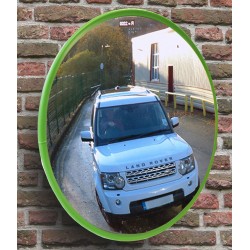
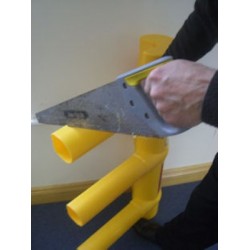

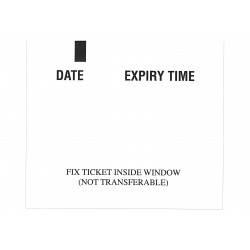



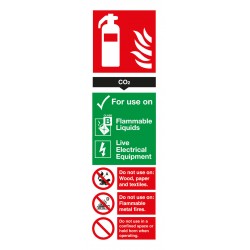
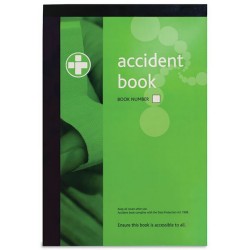
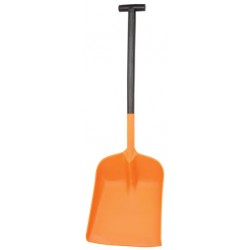
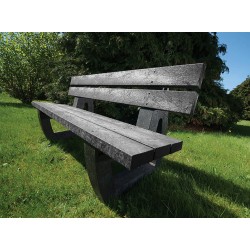
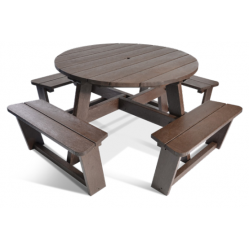
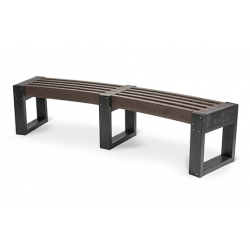
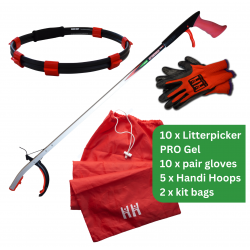
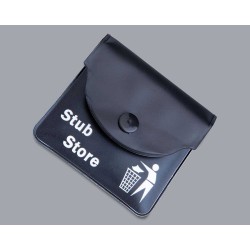
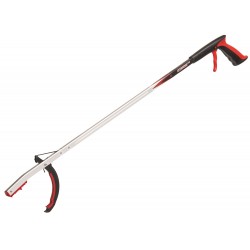
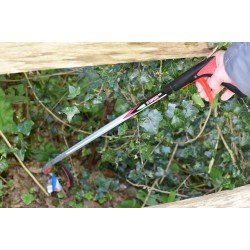
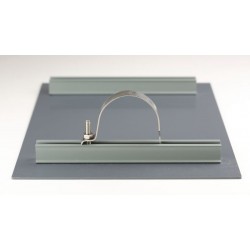


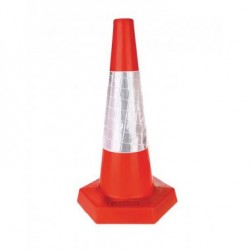
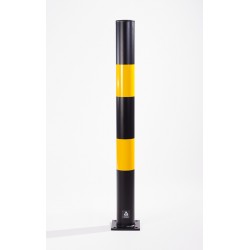
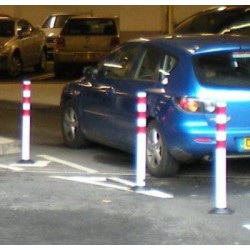
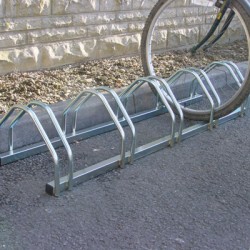
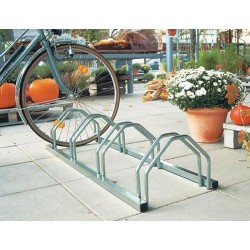
Leave a Comment